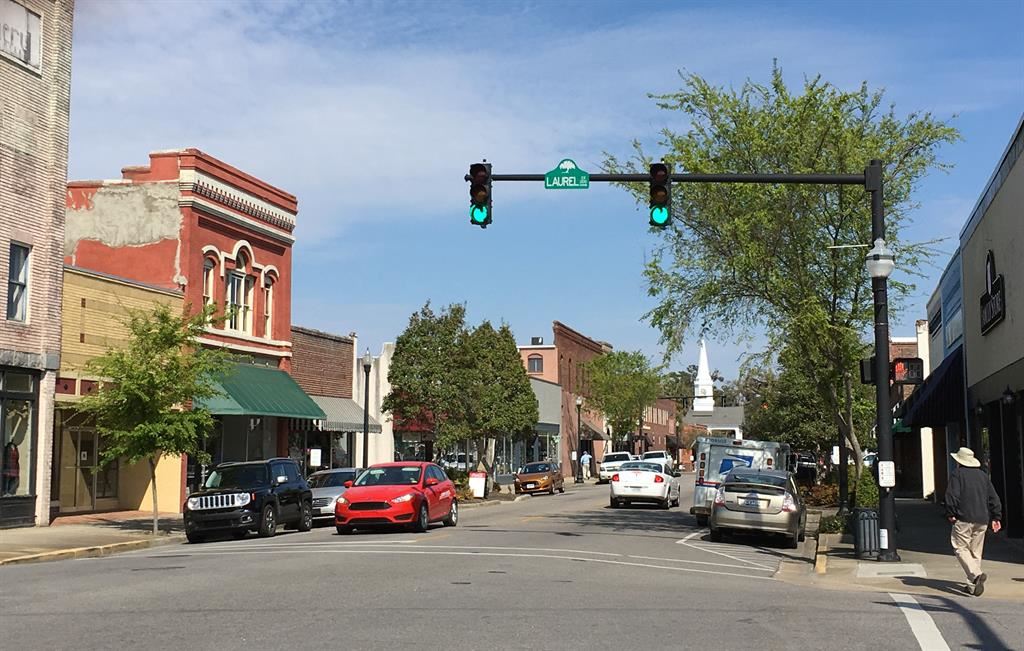- Home
- Former dispatches from BFM
Former Dispatches from Bethesda Friends
This page links to older material that was shared with us by folks who attend BFM. It includes articles as well personal writings or connections. Please note: These are submissions from individuals. The information and opinions are their own, and not that of Bethesda Friends Meeting. Please click here to return to the current Dispatches page. |
|
|
Listening as a Spiritual PracticeAlex Bell, Published by Friends Journal in September 2020Opening excerpt "Meeting for worship is our basic Quaker practice. It is a communal experience where we gather together in expectant waiting for the movement of Spirit within and among us. We sit together, mostly silently, but occasionally a Friend rises to speak, which we call vocal ministry. When we are learning about Quaker practice, there is a fair amount taught about vocal ministry, such as: When is it appropriate to speak? When should we wait? Is the message for me only or for the group? We are urged to be as concise as possible and not to speak too often. "Although most of us rarely speak, we are all listeners. No one would give a message into an empty room. Vocal ministry involves everyone present. Although the Spirit creates the message and the speaker provides the words—the vocal part—it is the audience which transforms those words into ministry....." Read more |
Confronting the Challenge of DrugsEric Sterling, January 2020 |
Brexit: Make Hard Choices, but don't confuse sovereignty with autonomy Ralph Bryant, December 21, 2018 | Conway Listening Tour |
Confronting the Challenge of Drugs
Eric Sterling, January 2020
Friends Journal published this article in its January 2020 issue on the topic of Friends and drugs. The editor introduces “Confronting the Challenge of Drugs,” this way: “Eric Sterling ... looks at what Friends can do [about drugs], but from a different perspective [than other writers]: in the 1980s, he was an attorney with the U.S. House Judiciary Committee responsible for drug enforcement, making him a figurative ‘colonel’ (as he puts it) in the war on drugs. He’s come to rethink those policies and wonders if Friends’ historic links to temperance movements made us too slow to confront the ‘social, cultural, medical, and legal catastrophes of drug prohibition.’ He has a number of suggestions for Friends to re-engage in these debates and begin to advocate more effectively for drug treatments and the end of mass incarceration.”
Eric's article resulted, in part, from a clearness process that he undertook with assistance from the BFM Peace & Social Justice Committee and the Pastoral Care Committee. Here is the link to the article: https://www.friendsjournal.org/confronting-the-challenge-of-drugs/
A Friend's Ties to Hiroshima and its Memories
Leslie Sussan, May 2019
I have been working for years on a book that traces the experiences of my father (Herbert Sussan) in the Army Air Corps when he took the only color film footage of the aftereffects of the atomic bombings in Japan during World War II. [NOTE: Leslie's book is now available. Details at https://hiroshima-choosinglife.com/.]
Quite a while ago, I took my daughter to live in Hiroshima for a year, and I met survivors who remembered my father's filming them and who graciously shared their stories. The US government suppressed the film footage for decades, but it is now in the National Archives and the story is widely known in Japan, though not in the US.
In 1995, All Souls Unitarian Church in Washington, DC, discovered long-forgotten drawings that had been sent by Hiroshima schoolchildren to the church after All Souls had donated supplies to the Hiroshima Honkawa Elementary School during the Occupation. These drawings had been stored and forgotten in a church closet for sixty years. All Souls' parishioners restored the drawings and then took them to Japan to exhibit them and reunite them with the surviving artists. In 2015, a film documentary of the project, called Pictures from a Hiroshima Schoolyard, was produced by Shizumi Shigeto Manale.
The documentary was recently shown at Montgomery College and I attended (with thanks to Jane Coe who spotted the notice and told me about it). The film contained footage from my dad's crew. The filmmaker spoke at the showing, and I talked to him afterward, confirming that he had obtained the footage from the National Archives material.
It made me happy that at least some of the unique record is reaching the American people as Dad intended. And it renewed my hope to finish and publish the book about my father in time for the 75th anniversary in August 2019. Meanwhile, the documentary is now available online at Kanopy and also at Amazon Prime.
Brexit: Make Hard Choices, but don't confuse sovereignty with autonomy Ralph Bryant, December 21, 2018 This thoughtful, informative, and insightful piece is written by Ralph Bryant. You can read it on the Brookings website's blog by clicking on this title: UP FRONT: The latest analysis by Brookings experts of current events and breaking news. |
Conway Listening Tour
Frank Greve and Jane Chalmers, March 1-7, 2017

When Frank Greve and Jane Chalmers realized that they knew no supporters of President Trump, they were dismayed but not surprised. Trump won less than five percent of the vote in Washington, DC, where they live. So, they spent a week in Conway, SC, seat of a county that President Trump carried two-to-one in a state he carried by a landslide. Their purpose was to listen and learn from the president’s supporters. They shared their story with BFM and wrote up a text version as well.


